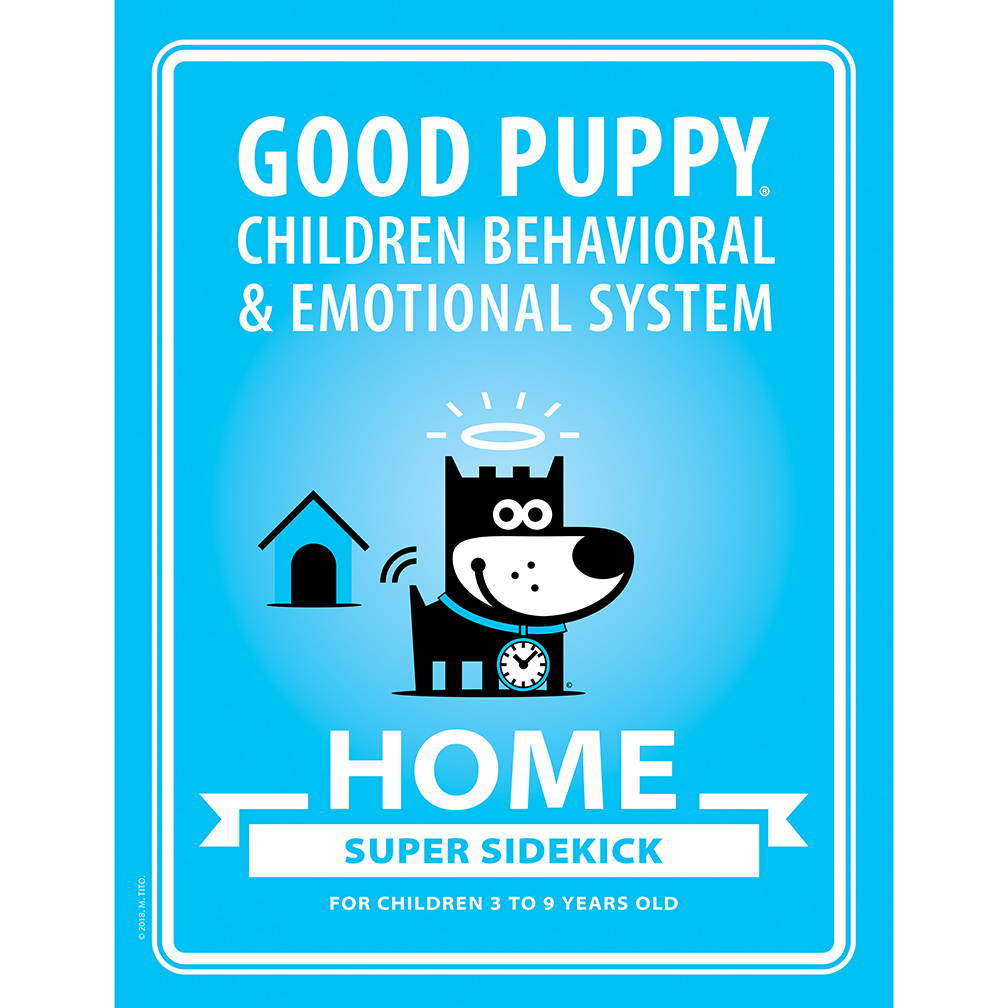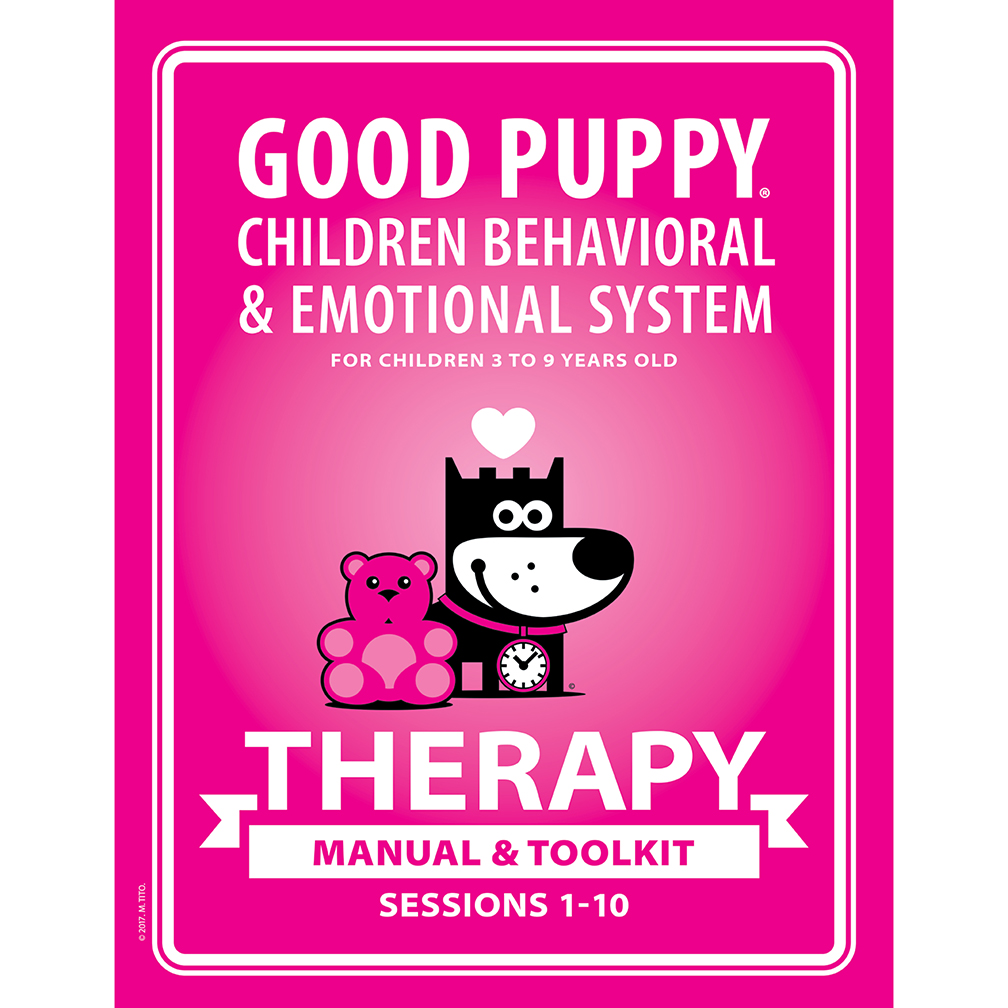Like a small alien on planet Earth for the first time, extroverts are fascinated by the world around them. They seek highly stimulating environments and groups of people they can interact with. They tend to be warm, affectionate and very good at reading faces which they use to select others that will reward them with positive experiences.
Usually considered “happier” children as a result of today’s elevation of social activities and group work; or maybe, just because extroverts are more easily pleased as their mood can be altered by instant gratification. Extroverts experience life through their senses. Their incentives are short termed, preferring smaller and immediate rewards over larger but delayed rewards.
Extroverts may miss out on big opportunities in the name of immediate gratification making it difficult to sustain long-term goals. Their warm personalities or spontaneous natures can deviate them from their paths with every distraction. Here is where reprogramming can help. By building long-term incentives based on short-term ones, children learn to self-reward for their efforts towards a specific goal and know that they can get there. Helping children learn to wait for what they truly want will assist them in the future in making good, long-term decisions.
Group sports, teams, music bands or multi-player games are highly recharging activities for extroverts. Although society seems to be set up for them, it also demands of the extrovert the virtues of the introvert. When the child can’t master the virtues that are not his personality type, he or she gets labeled with ADD, ADHD or any other “disorder,” which is only an aspect in dissonance with the child’s personality type.
When it comes to attention, a child’s focus needs to be engaged. A long and boring explanation will have extroverts distracted and introverts daydreaming, but yell “Who wants ice-cream?” and you won’t be able to measure the speed of response.
In trying to catch every child’s attention with the same bait, chances are they will not all always bite, which shows an orderly display of personalities, interests and talents, rather than an attention disorder of any kind. If all children were to pay attention all of the time, then we would have something serious to worry about; a population of drones lacking an inner world.
Let your introverts daydream and your extroverts mingle, run and explore. Support your children to excel at whom they are and happiness will happen.
From
EVERYTHING HAPPENS FOR A REASON
The Little GOOD PUPPY Guide Book for Growing Good Kids
By Gabriel Tito, RMFT & Marina Tito
Learn more about the
GOOD PUPPY Children Behavioral & Emotional System





















What Does It Take To Do A Good Parenting Job?
Just like any job, raising children comes with a list of requirements. These requirements allow for a positive parenting experience, beneficial to everyone. But while anyone may muster up some of these traits, it is mastering them that will turn them into parenting super powers.